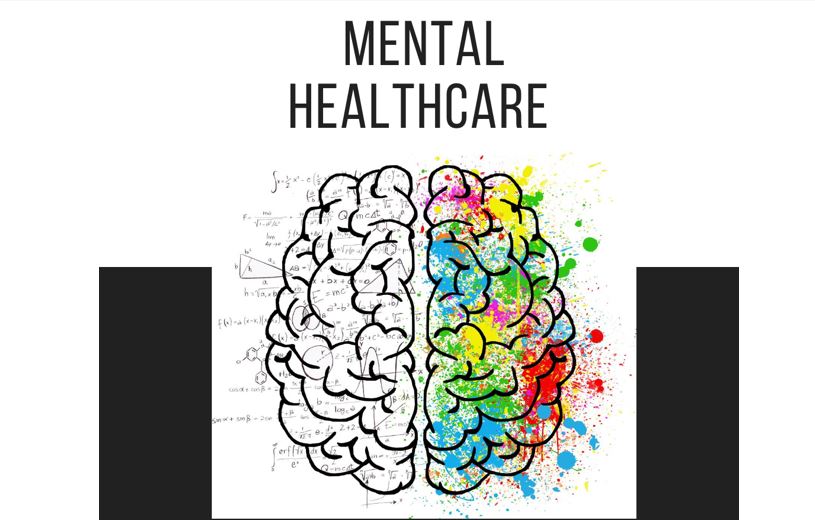– By Dixita Mehta
Denials will not work anymore. Being mentally fit has become an urgent matter to cater.
Every 6th or 7th person goes through one or another mental or neurological disorder. (WHO, 2017 data)
50 million people or 15% of the total population require urgent mental healthcare facilities in SAARC nations which includes a mammoth list of illnesses ranging from depression, bipolar, eating disorder, substance abuse, schizophrenia, anxiety to physical illness occurring due to above mentioned disorders of the mind and brain collective. The physical effect of a mental illness acts as a ripple effect: cardiovascular and metabolic diseases, substance abuse, higher unemployment rates, psychopath and sociopath behaviours, eye sight deterioration, crooked body parts, fluctuating Blood Pressure levels, massive hormonal changes in men and women both alike (And here we were thinking that mental health issues- only limited to the mind and brain).
Any or all mental disorders data worldwide gives us chills: 792 million people worldwide
264 million people going through anxiety
16 million people going through some or the other eating disorder (all thanks to the fad of zero figures and ‘looking fit’ rather than ‘being fit’).
970 million user caught in the vicious circle of substance abuse
Another shocking data suggests that (observable) Developmental Intellectual Disability (disorders defined by delayed or impaired speech, language, motor conditions, and visual-spatial skills) foresees an ever increasing rate in youth and children. 4 in every other 10 children.
In this havoc of mental disorders, there comes a need of urgent intervention by the Government authorities and Corporate Sector to pay attention to generate therapy and medical interventions (over 70% patients have observed recovery without relapse, curing 80% schizophrenia cases by the end of the one-year programs.)
There are certain intriguing questions regarding the same:
- How to create a conducive environment for the mentally challenged individuals?
- What strategic decision can be made or be altered to reach our goal of mental healthcare for all.
- How to provide productive lives to such individuals and make them a part of society.
- How to provide the already tried and tested treatments to the ones in need?
- How to bridge the financial gap generated between the needy and the expensive treatments.
- How effectively implement the mental health policy provided by the government.
- Can the concept of ISR Individual Social Responsibility (mental, emotional and holistic investment in a cause, living a life of social responsibility) work wonders in the field of being mentally fit?
We are still waiting for a magic cure to come and heal all the mental disorders at hand. One medicine, all cure never really works. But this mind-set compels us to behave in a certain way towards mental illness. A vicious cycle of neglect-no understanding-neglect is observed which only leaves us helpless and hopeless. Let us change our perspective from “running away attitude” to “being there attitude”.
Good news is: Treatments are available but they are not being used. A global campaign is waiting for us to join hands, recognise and motivate people to visit basic therapies and to create awareness about treatments and promote healthy mental environment to such individuals. Let us start from what we have, rather than wait for some magic potion to reveal itself.

